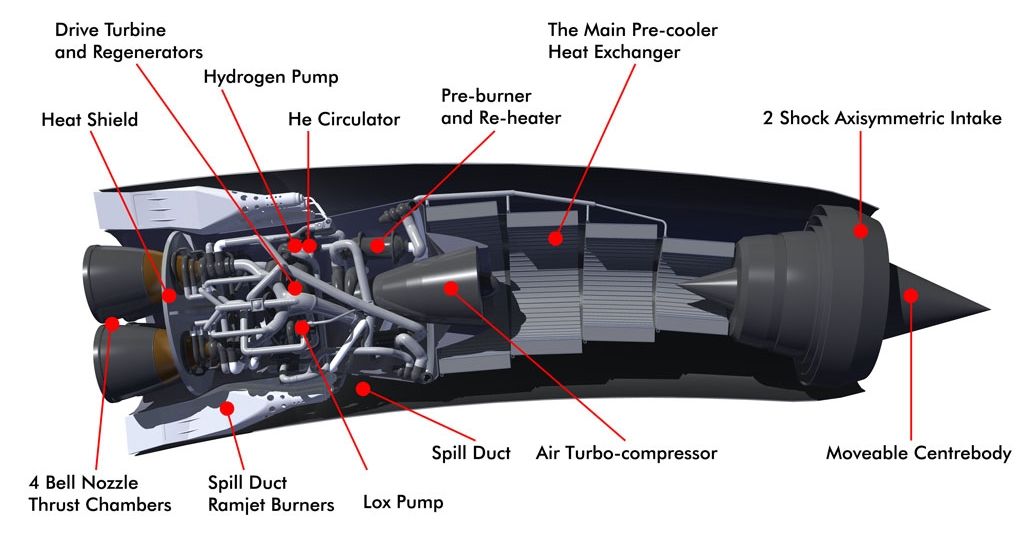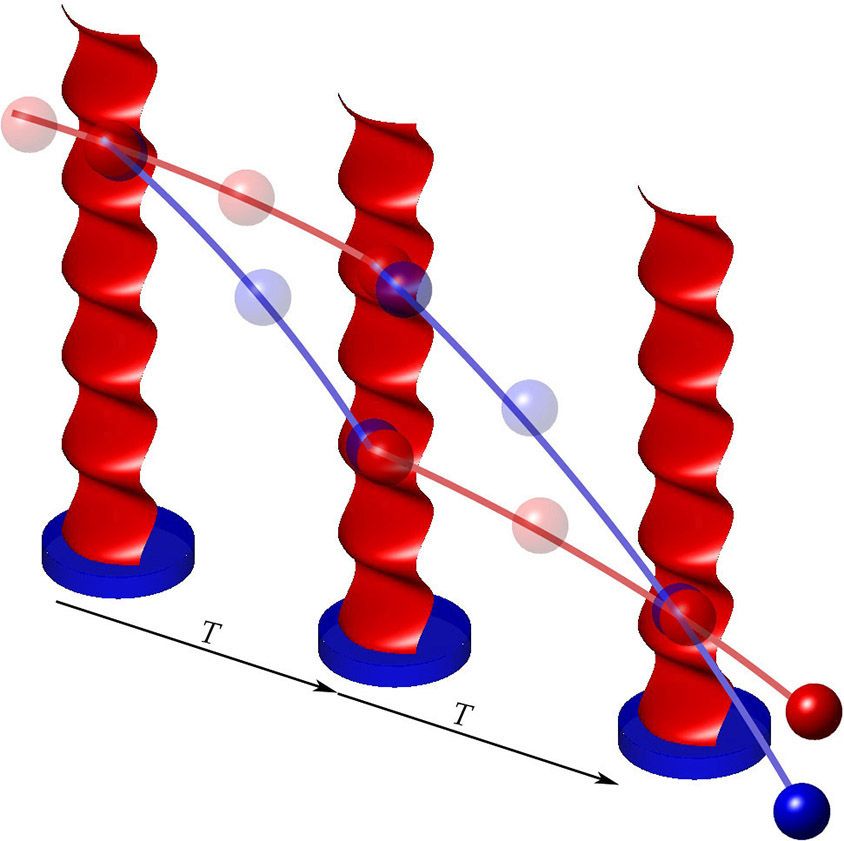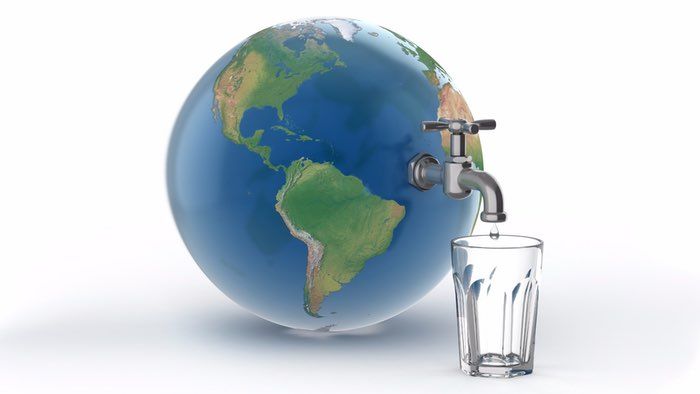Page 11384
Mar 3, 2016
US Military Set to Unveil Concepts Based on Skylon Space Plane Tech
Posted by Klaus Baldauf in categories: military, space travel
Within the next year, the U.S. Air Force plans to unveil novel spacecraft concepts that would be powered by a potentially revolutionary reusable engine designed for a private space plane.
plans to unveil novel spacecraft concepts that would be powered by a potentially revolutionary reusable engine designed for a private space plane.
Since January 2014, the Air Force Research Laboratory (AFRL) has been developing hypersonic vehicle concepts that use the Synergetic Air-Breathing Rocket Engine (SABRE), which was invented by England-based Reaction Engines Ltd. and would propel the company’s Skylon space plane.
(AFRL) has been developing hypersonic vehicle concepts that use the Synergetic Air-Breathing Rocket Engine (SABRE), which was invented by England-based Reaction Engines Ltd. and would propel the company’s Skylon space plane.
In April 2015, Reaction Engines announced that an AFRL study had concluded that SABRE is feasible. And AFRL is bullish on the technology ; the lab will reveal two-stage-to-orbit SABRE-based concepts either this September, at the American Institute of Aeronautics and Astronautics’ (AIAA) SPACE 2016 conference in Long Beach, California, or in March 2017, at the 21st AIAA International Space Planes and Hypersonic Systems and Technologies
; the lab will reveal two-stage-to-orbit SABRE-based concepts either this September, at the American Institute of Aeronautics and Astronautics’ (AIAA) SPACE 2016 conference in Long Beach, California, or in March 2017, at the 21st AIAA International Space Planes and Hypersonic Systems and Technologies Conference in China, said AFRL Aerospace Systems Directorate Aerospace Engineer Barry Hellman. [The Skylon Space Plane in Pictures].
Conference in China, said AFRL Aerospace Systems Directorate Aerospace Engineer Barry Hellman. [The Skylon Space Plane in Pictures].
Continue reading “US Military Set to Unveil Concepts Based on Skylon Space Plane Tech” »
Mar 3, 2016
J.J. Abrams Producing Documentary Series About Google Lunar X Prize
Posted by Klaus Baldauf in category: education
Moon Shot will focus on the people behind some of the teams competing for the $30 million prize.
Mar 3, 2016
Quantum technology for a new generation of inertial sensors
Posted by Karen Hurst in categories: particle physics, quantum physics, robotics/AI, transportation
Could this Quantum Technology inertial sensors be utilized to provide more reliable navigation to driverless autos? Quantum again proves to serve multiple usages.
Advances in laser cooling of atoms have produced a new generation of inertial sensors based on matter-wave interferometers, which are becoming an essential technology for accurate positioning or geodesy.
Mar 3, 2016
Cheap, simple technique turns seawater into drinking water
Posted by Shailesh Prasad in categories: economics, sustainability
Researchers from the University of Alexandria have developed a cheaper, simpler and potentially cleaner way to turn seawater into drinking water than conventional methods.
This could have a huge impact on rural areas of the Middle East and North Africa, where access to clean water is a pressing issue if social stability and economic development is to improve.
Right now, desalinating seawater is the only viable way to provide water to growing populations, and large desalination plants are now a fact of life in Egypt and other Middle Eastern countries.
Mar 3, 2016
Shocking new way to get the salt out
Posted by Shailesh Prasad in category: sustainability
Mar 3, 2016
3D-Printed Brain Tissue a Success
Posted by Shailesh Prasad in categories: 3D printing, biotech/medical, neuroscience
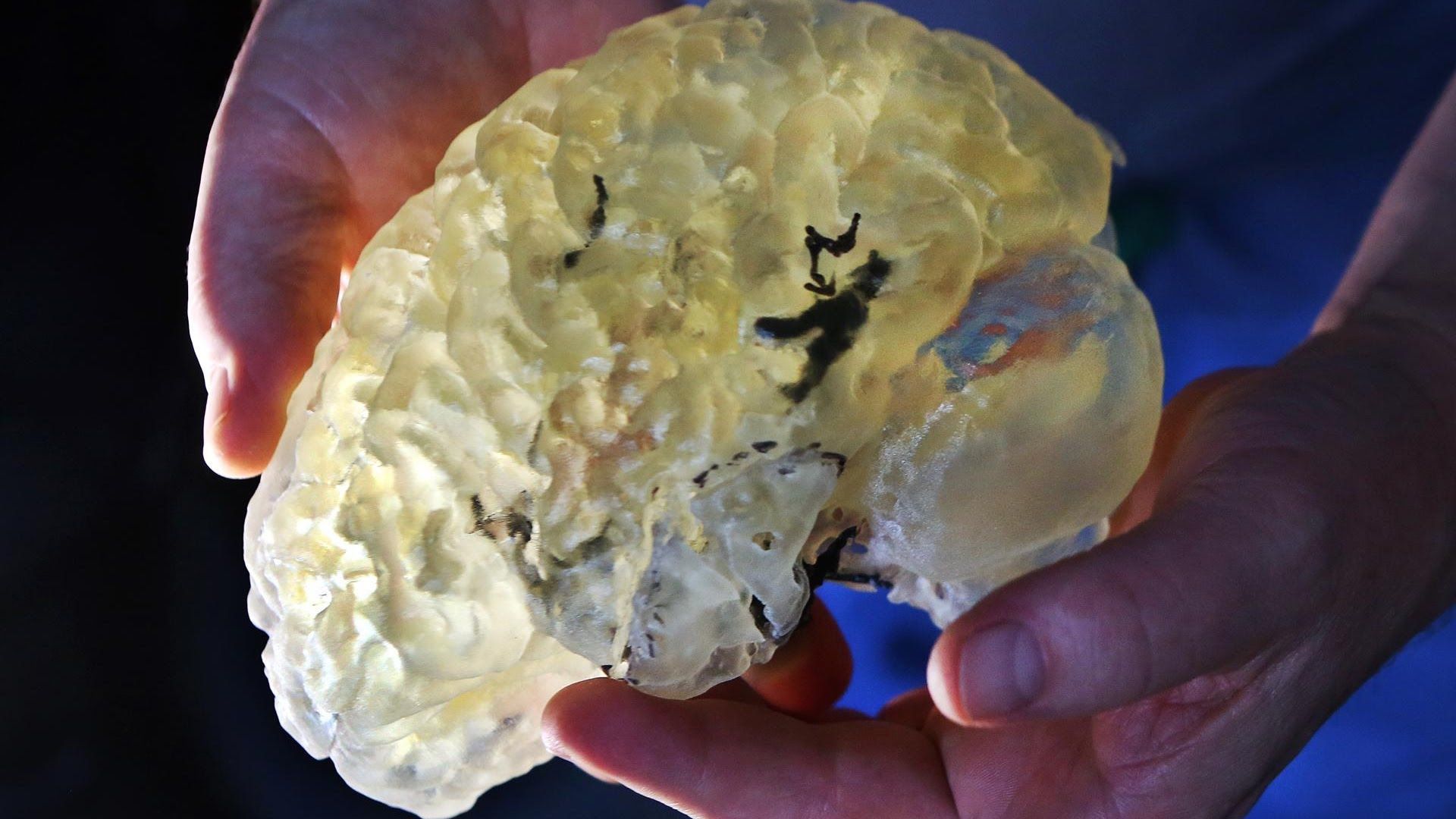
https://www.youtube.com/watch?v=ySPvBbfY2Fc
A 3D-printed layered structure that incorporates neural cells to mimic the structure of brain tissue has been created by researchers at the ARC Centre of Excellence for Electromaterials Science (ACES) in Australia, and it could have major consequences in studying and treating conditions such as schizophrenia and Alzheimer’s. The three-dimensional structure will allow scientists to better understand the complex nature of the brain and its 86 billion nerve cells. We look at the benefits and risks of this scientific breakthrough on the Lip News with Jose Marcelino Ortiz and Jo Ankier.
http://motherboard.vice.com/read/researchers-are-getting-clo…ing-brains
Mar 3, 2016
Is Consciousness the Unified Field? A Field Theorist’s Perspective — John Hagelin, SAND11
Posted by Shailesh Prasad in categories: cosmology, neuroscience, physics
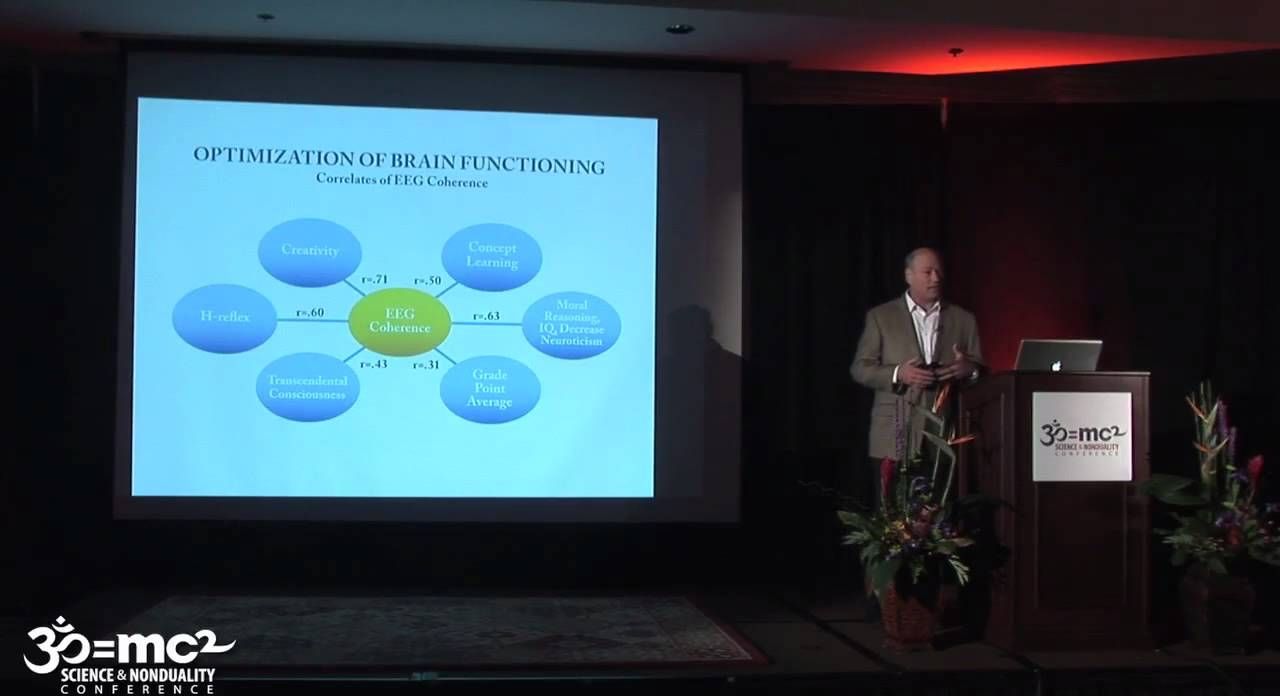
http://www.scienceandnonduality.com
John Hagelin, Director of the Institute of Science, Technology and Public Policy Director of the Board of Advisors for the David Lynch Foundation.
The Portal Future Food focuses on different possibilities for replacing animal products with products that are not derived from animals.

